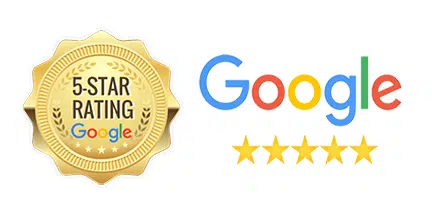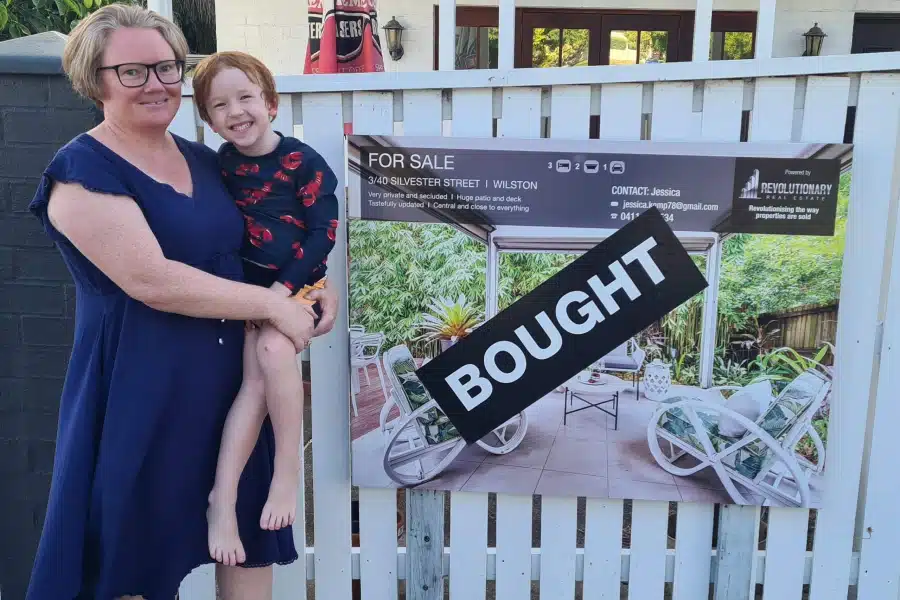
Most home sellers only consider the actual dollar cost of a real estate agent and completely ignore two other costs that are hidden within the real estate agent fee. In other words, there is a total of three expenses that you should consider in engaging any real estate agent – two of which are hidden.
The first hidden cost is the reduced sale price that a percentage based commission encourages. In an earlier article that you can read here I wrote about why real estate agent fees lead to lower sale prices. The bottom line is that a percentage based real estate agent fee encourages a quicker sale at a lower price.
The second hidden cost within a real estate agent fee is the opportunity cost of not being able to spend the money you waste on a commission in a more productive way. Because you can only spend money once, a $10,000 real estate agent fee will not let you invest that same money into increasing the perceived value of your home.
Let me illustrate this with an example:
The Opportunity Cost Of A Real Estate Agent Fee
This is Sue. She wanted to sell her modest 2 bedroom, 1 bathroom townhouse at 1/15 Hansen Drive in Grovedale, Victoria. A few months earlier, her next door neighbour, with an identical townhouse at 2/15 Hansen Drive, sold with a local real estate agent for $300,000.
You can see evidence of this sale below:
Sue decided to invest about the same amount of money on improving the presentation and perceived value of her home as her neighbour wasted on a real estate agent fee.
Sue’s townhouse was bought for $360,000 and she pocketed almost $60,000 more from her sale than her neighbour did.
You can see evidence of this result, in the signed contract below or by looking it up yourself on Core Logic (RP Data):
Despite both Sue and her neighbour spending about the same amount of money, the biggest difference was how and where they spent it. You can see that wasting money on a real estate agent fee had an opportunity cost of $60,000 for Sue’s neighbour.
Worst of all, Sue’s neighbour was probably completely happy with her real estate agent and sale price. Like most sellers, her neighbour most likely had no idea that she could have easily pocketed $60,000 more.
At this point people are probably asking the following question. If I don’t pay a real estate agent fee, how am I supposed to sell my home? The answer is very simple, but most people will struggle to comprehend it.
How To Avoid The Hidden Costs Of A Real Estate Agent Fee
No home is ever sold. A home can only become buyable. There is a process that achieves this and it is this process that captures the buyer – not an agent.
This process doesn’t care who follows it or how much you pay to have it work for you. Unfortunately, as you saw from the case study above, most real estate agents don’t follow this process very well. This is partly because they are incentivised to achieve a quick sale at any price and not the highest possible price.
Even the best real estate agents aren’t the only people who are aware of the process I mentioned, and they aren’t the only ones who know how to execute it. As a matter of fact, there is a method of marketing any home, which is superior to the traditional real estate agent model and the private sale model.
There is a way to avoid the two costs hidden in every real estate agent fee, and to significantly reduce the costs involved with the sale of your home.
- Click here to understand the 10 hidden traps and false beliefs about selling your home, which will easily cost you around 10% of the value of your home.
- Click here to read about the 4 signs ignored by most home sellers that scream: “You will lose money on the sale of your home” – even if you think you’re doing well.
- You can read here about the 5 reasons why you’ll NEVER achieve the highest possible sale price with either a real estate agent or by selling privately.
- Click here to understand why you will undersell your home with any of your local real estate agents without ever realising.





